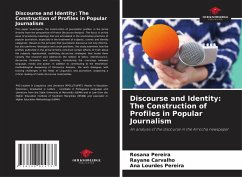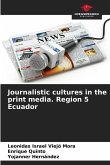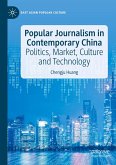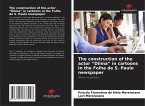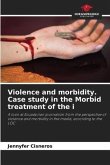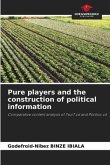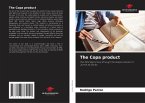This paper investigates the construction of journalistic profiles in the Jornal Arrocha from the perspective of French Discourse Analysis. The focus is on the ways of producing meanings that are articulated in the enunciative practices of popular journalism, especially in the treatment of subjects, scenes and identity categories. Based on the principle that journalistic discourse not only informs, but also performs ideological and social positions, the study examines how the profiles published in the Jornal Arrocha construct certain effects of truth about the subjects represented, mobilizing discursive strategies that locate them socially. The research also addresses the notions of ethos, interdiscourse, discursive formation and silencing, considering the crossings between language, media and power. In addition to contributing to the theoretical-methodological deepening of Discourse Analysis, the work dialogues with training challenges in the fields of Linguistics and Journalism,proposing a critical reading of media discursive materialities.
Bitte wählen Sie Ihr Anliegen aus.
Rechnungen
Retourenschein anfordern
Bestellstatus
Storno

